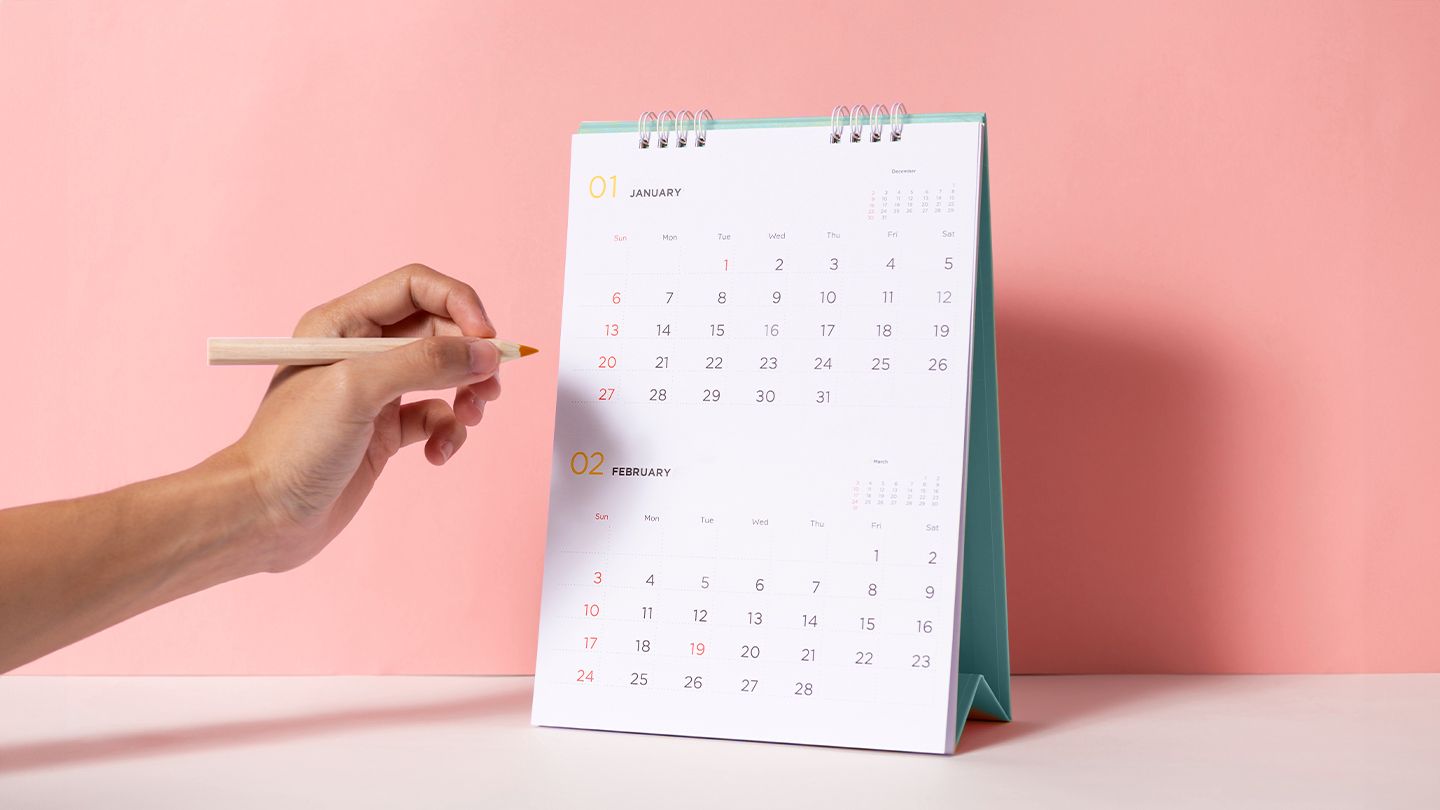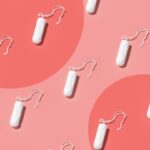The effects of hormonal birth control on your menstrual cycle don’t always end the moment you stop taking it. Here’s why your period might take time to return after birth control.
Hormonal Fluctuations and Body Readjustment
Hormones are controlled by multiple organs, including the hypothalamus, pituitary gland, ovaries, and adrenal glands, says Ritch. These work together to regulate your menstrual cycle.
When you stop using birth control, your body needs time to return to its natural hormone production cycle. Ritch notes that it can take up to three months for your body to adjust, whether you’re stopping or starting birth control. During this time, delays in your period can occur, explains Ritch.
Type and Duration of Birth Control
The type of birth control you were using and how long you used it can affect when your period returns. For example, your cycle might return more quickly after stopping birth control options that don’t suppress ovulation, explains Ritch. These include IUDs like Mirena or Kyleena.
But this varies from person to person. Some people may actually notice a delay in their period or the return of ovulation after they stop using hormonal IUDs, says Dr. Ohuoba.
Long-acting methods like the Depo-Provera injection can take longer to wear off, which may delay the return of your period for several months. And, the longer you’ve been on hormonal birth control, the longer it may take your body to get back to its natural cycle.
Lifestyle Factors
Your lifestyle can also impact when your period returns. Stress triggers the production of cortisol (your body’s main stress hormone) and changes how your body processes estrogen, which may delay your period, says Ohuoba.
Weight changes, either gain or loss, can also cause period delays. Ritch explains that rapid weight changes, food restriction, or poor nutrition can affect hormone levels and stop ovulation. Without ovulation, your period may be irregular or completely absent.
Some birth control methods themselves can affect your weight. For example, the Depo-Provera injection may cause weight gain, as can the etonogestrel implant. These weight changes might continue to affect your cycle even after stopping birth control.
Excessive exercise is another lifestyle factor that can cause delayed periods, especially when combined with not taking in enough calories. Regular intense workouts can cause your hypothalamus to stop producing certain hormones needed for ovulation, which can result in missed or no periods. If you’ve recently increased your exercise routine or are training at a high level, this could be a factor in your delayed period after stopping birth control.
Read the full article here




